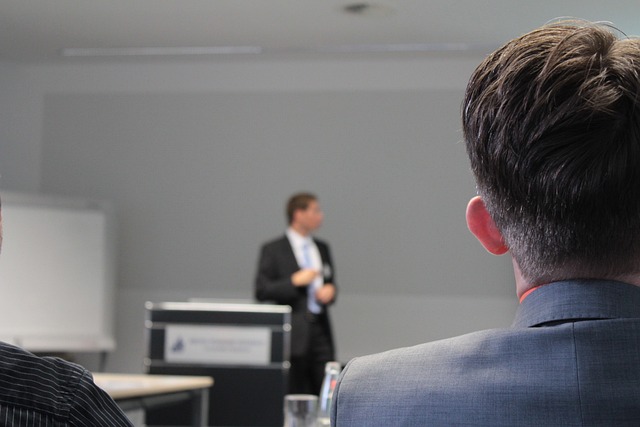Successful event planning for local businesses hinges on understanding and catering to community preferences, demographics, and cultural nuances. By aligning events with local interests (e.g., food festivals, family-friendly concerts), organizers foster community bonds and create memorable experiences. Incorporating regional art, music, cuisine, and folklore not only attracts locals but also impresses visitors, enhancing the event's impact and contributing to both business and regional success. Event Planning for Local Businesses, when tailored in this way, becomes a powerful tool for community engagement and economic vitality.
Local events play a pivotal role in fostering community engagement and boosting business visibility. This comprehensive guide, tailored for event planning professionals and local businesses alike, explores the art of coordinating successful local events. We’ll delve into understanding your audience, refining event logistics, and implementing effective marketing strategies. By mastering these key aspects, you can create memorable experiences that resonate with the community and drive business growth through strategic event planning for local businesses.
- Understanding Your Local Audience: Tailoring Events for Maximum Impact
- – Identifying community needs and interests
- – Incorporating local culture and traditions into event planning
Understanding Your Local Audience: Tailoring Events for Maximum Impact

Understanding your local audience is a cornerstone of successful event planning for local businesses. By delving into the demographics, interests, and cultural fabric of your community, you can tailor events that resonate deeply with attendees. Local events shouldn’t be one-size-fits-all; they should reflect the unique spirit of the neighborhood or city. This means embracing the diversity within your audience, whether it’s through food choices, entertainment styles, or themes that speak to different segments of your community.
Event planning is not just about setting up a stage and inviting people; it’s about fostering connections and creating memorable experiences. For instance, a local business hosting a cultural festival can feature vendors from diverse backgrounds, live performances showcasing various art forms, and interactive workshops that celebrate the area’s multicultural tapestry. Such an event not only attracts a wide range of attendees but also strengthens community bonds by celebrating shared values and interests. This tailored approach ensures maximum impact, leaving a lasting impression on participants and enhancing the reputation of local businesses as responsible, engaged community stewards.
– Identifying community needs and interests

When planning local events, understanding your community is key. Event planners must Identify and cater to both the needs and interests of residents to ensure a successful gathering. This involves extensive research and engagement, delving into various channels such as surveys, focus groups, and social media discussions to gauge what the folks truly desire. For instance, a bustling town known for its vibrant culinary scene might yearn for more food festivals or cooking workshops, while a quieter suburb may prefer community yard sales or family-friendly outdoor concerts.
By aligning events with local preferences, planners can foster a strong sense of community and create memorable experiences for attendees. Event planning for local businesses should thus be a strategic process that leverages insights from the target audience to deliver meaningful and engaging activities that resonate within the region, ensuring long-term appeal and participation.
– Incorporating local culture and traditions into event planning

When planning events for local businesses, incorporating elements of the area’s unique culture and traditions is a game-changer. It creates an authentic experience that resonates with attendees and fosters a strong sense of community. Event planners can draw inspiration from local art, music, cuisine, and folklore to design memorable gatherings. For instance, showcasing regional culinary delights at a business networking event or integrating traditional dance performances into a cultural festival not only attracts locals but also leaves a lasting impression on visitors.
By embracing the local culture, event organizers can ensure their activities align with the community’s values and identity. This strategic approach enhances the overall success of the event planning for local businesses, fostering goodwill and encouraging ongoing support from the community. It’s a win-win situation where both the business and the region thrive through these cultural celebrations.
By understanding their local audience and incorporating relevant cultural elements, businesses can create events that resonate deeply with the community. This approach not only enhances engagement but also maximises the impact of event planning for local businesses. Tailoring events to meet specific community needs and interests fosters a sense of belonging and loyalty, ultimately contributing to the success and growth of these enterprises.














